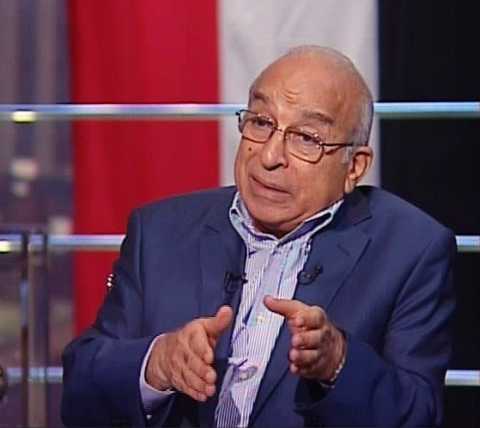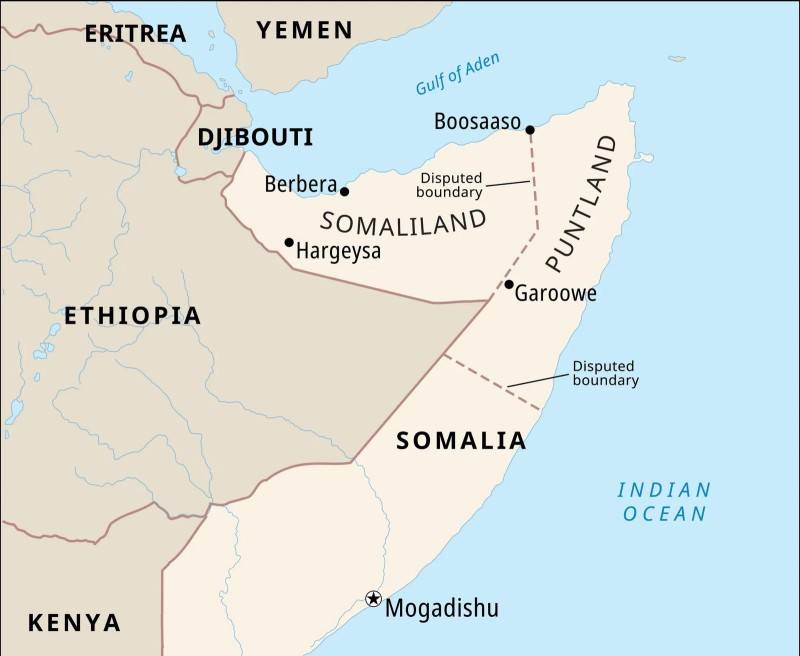Did UN food aid for Yemen go to the not-so-poor?


The United Nations World Food Program has spent hundreds of millions of dollars on food aid intended for the most desperately poor people in Yemen -- but included not just impoverished households, but also some that “belonged to the wealthiest” categories on a national social welfare scale, according to the agency’s own audit report.
The miscue meant that hundreds of thousands of destitute people in one of the world’s poorest countries may well have been excluded from WFP aid, even as money went to others considerably better off -- a situation that the U.N. agency has been trying unsuccessfully to rectify for several years.
The reason: U.N. allotments used local government data compiled in 2008 to establish a Social Welfare Fund (SWF) registry of the country’s poorest citizens -- and it has not been updated since.
The fund was initially administered during the presidency of Ali Abdullah Saleh, who is believed to have purloined anywhere from $32 billion to $60 billion during 33 years of rule that ended in 2012, according to a U.N. panel of experts report that was published last month.
The WFP audit covered the agency’s programs in Yemen from January 2013 through June 2014. It only saw daylight after a formal management response to the document was given in January 2015.
Amid political chaos that has engulfed the country over the past five years, the U.N. agency has been working with the World Bank to complete a new version of the SWF registry, but so far without much success.
“We are aware of the shortcomings of these lists, but we have no alternative” to using them, an official told Fox News -- while at the same time denying that any skewing of U.N. aid benefits occurred.
“We are aware of the shortcomings of these lists, but we have no alternative.”- UN official
The SWF registry, compiled for a national fund that is now more or less bankrupt, is “not the only criterion that WFP uses to identify beneficiaries” for its own feed-the-poorest program, the official argued.
“We do not believe such people” -- referring to the “wealthiest” terminology used in the U.N.’s own audit -- “received WFP assistance,” the official declared.
Despite the declaration that there was no such problem, however, WFP also agreed in the audit report that it would take steps to fix it.
The document says that various levels of the U.N. bureaucracy will “review” their current methods and assumptions for use of the tainted list of those who get aid, “to assess the risks and implement the necessary mitigating measures” to change the situation by June of this year.
CLICK HERE FOR THE AUDIT REPORT
The WFP official who replied to Fox News indicated that not only WFP, but other U.N. agencies -- as well as the World Bank -- were involved in the effort to “assist” the current Yemeni government “in reviewing the list.”
“Clearly, the current dysfunctionality of the government is likely to slow the process down,” he added, “but efforts have not been abandoned.”
One sign of how much effort may be needed was a January announcement by current President Abed Rabbo Mansour Hadi’s now-staggering government that 250,000 people would be added to the SWF registry, once a new survey had been taken to determine their eligibility.
But that was before insurgent Houthi rebels occupied the capital of Sana’a and President Hadi began to operate from virtual exile in the south of the country, while neighboring Arab countries tried to broker a new political settlement.
An unknown number of U.N. officials have joined diplomats from the U.S., Western Europe and other nations in evacuating the country, though WFP officials say all their operations “are still under way in Yemen.”
U.N. fundraising, however, is apparently at a standstill, at least until the government crisis is resolved.
According to a website that tracks U.N. financial appeals against actual funding, as of March 10, nothing has been pledged by international donors against a U.N. humanitarian appeal for some $747.5 million on behalf of the stricken country.
The desperation of Yemenis nonetheless continues. According to the WFP’s audit, some 10.5 million people, or about 42 percent of the entire population, is unable to meet basic food needs, and about 4.5 million were labeled as “severely food insecure.”
Those severe victims of food insecurity were the chief target of WFP’s operations in Yemen in 2013, for a $242 million emergency operation -- about 60 percent of the total cost being devoted to food and a small cash assistance program --and the main subject of the audit.
(The U.S. donated about $70 million, including 22,000 tons of food supplies to WFP for emergency food aid in Yemen in 2013-2014.)
Another operation was slated to start in mid-2014 -- in the wake of the audit --and expected to cost $491 million over two years. It is still proceeding, apparently, on funds raised earlier.
All told, WFP took in $148 million for Yemen from appeals in 2014, according to the Financial Tracking Service, atop $191.4 million in 2013, $114.4 million in 2012, and $138.1 million in the two previous years -- while Saleh was still in office.
Meantime, the U.S. last year gave $30 million to the World Bank as part of a $90 million bailout of Yemen’s Social Welfare Fund-- imperfections and all -- as part of its support for “Yemen's economic reform and development, and a return to a peaceful political transition,” according to a State Department spokesman.
For his part, ex-President Saleh was granted immunity from prosecution by Yemen’s parliament in the wake of his stepping down from office. He is believed by many to be playing a behind-the-scenes role in the current Houthi-dominated upheavals.
A variety of civil organizations are intent on finding ways to bring Saleh’s alleged billions back to Yemen -- an exceedingly long shot.
Photo: YemenOnline
Fox News

Aden – Malaysia and Algeria have reiterated their firm positions in support of Yemen’s unity, sovereignty, and territorial integrity, w…

The Arab League, the Muslim World League, and several Arab and Islamic countries have called for an immediate halt to military escalation in Yemen,…

Hargeisa -- In the first international recognition since it declared independence from Somalia in 1991, Israeli Prime Minister Benjamin Netanyahu a…